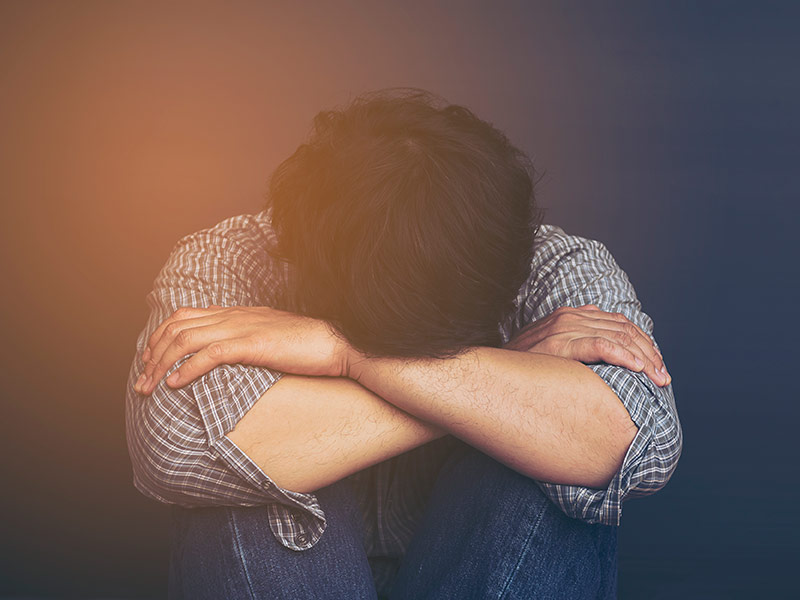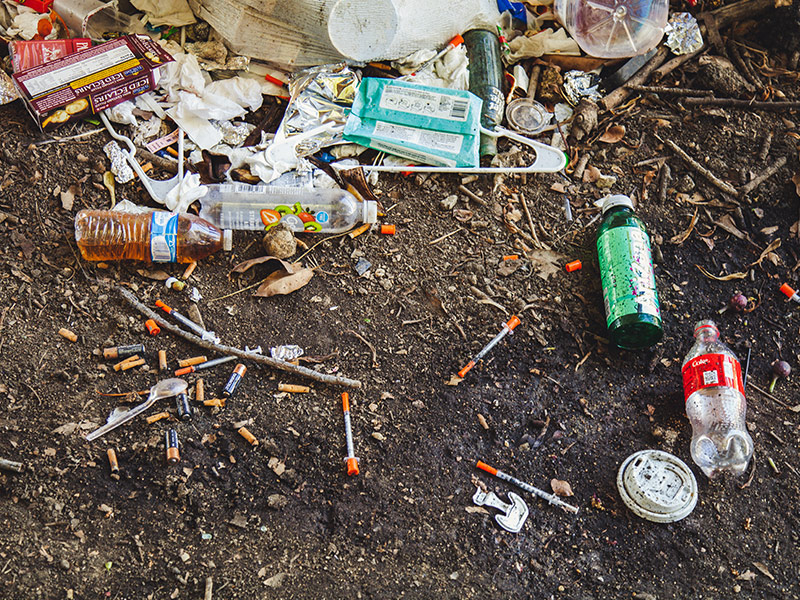Taskeen Articles
Over the decades since its creation, the state of Pakistan’s economy, society and quality of life have vastly deteriorated. Countries which once used to come and study our models of development, are now far ahead of us in almost every sphere. This decline can be seen in:
1.) Health; lower life expectancy than most neighboring countries.
2.) Education; one of the lowest literacy rates in the region.
3.) Poverty; lowest human development index in South Asia.
4.) Governance; high rates of perceived corruption
5.) Sports; from 10 Olympic gold medals, to none in last 24 years
6.) Human rights; high rates of gender, religious and ethnic inequality.
The consequences of all of this can be seen in the issues that are confronting the country today. These include increasing levels of violence, national debt, substance abuse, suicides, ethno-religious tensions, physical and mental illnesses and the low productivity of the nation. What has led to this state?
We believe that with the primary focus on material development, decades of ignoring vital aspects of human development, essential for a healthy society, have resulted in the numerous problems which are facing our nation. So is a healthy Pakistan possible without a healthy society? Is a healthy society possible without the people living a healthy life?
We believe that a healthy mind, body, emotions and relationships are essential for our people to live a healthy life, and thus contribute to a healthy society for a healthy Pakistan.
We all experience distress in our life due to some traumatic life experience or another. Usually we are able to manage distress and are successful in overcoming it. However, sometimes the traumas we experience may be too difficult for us to deal with.
As mentioned in the healthy mind section, our experiences change our brain. Prolonged distress, thus, causes changes in the brain leading to mental illness. Some people may also be more likely to develop mental illness because it may run in the family. But since all of us can experience adverse life events, we all have the potential to develop mental illness.
Mental illness manifests in different ways in different people. Based on the symptoms that people present with, they receive different diagnoses. The diagnosis can even change, depending on the change in the symptoms of the individual. However, regardless of the diagnosis, certain signs are present in almost all people who suffer from mental health problems:
- Difficulty controlling emotions; appearing very sad or having outbursts of anger.
- Deteriorating performance at work or school
- Relationships being adversely affected
- Physical health getting worse
If you see these signs in yourself or someone you know then they may be suffering from a mental health problem and should get the necessary help. To learn more about treatment, visit the manage mental illness section. To learn more about providing support to people affected by mental illness, visit the caring for sufferers section.
If you search the internet or psychiatry manuals for a list of mental illnesses you will find dozens of diagnoses which can be very confusing. To make things simple, we will talk about some common types of mental health problems. To learn more, select an option below:
Psychosis is the most severe of all mental illnesses and involves sufferers undergoing such extreme distress that they may lose touch with reality. It is the most commonly recognized mental illness and leads to sufferers losing the ability to function in society.
Psychosis has the following symptoms:
- Hallucinations are sensory experiences without the presence of a stimulus. They involve the sufferer seeing, hearing, smelling or feeling something that isn’t there.
- Delusions are fixed or firm beliefs in something that is not true. The sufferer experiencing delusions may believe that someone is trying to kill him, that he has divine powers or possess other beliefs that are far from reality.
- Intense paranoia making the sufferer feel as if everyone is out to harm them.
- Social withdrawal due to the inability to communicate with people
- Erratic behavior which can involve the sufferer doing odd things such as wearing multiple layers of clothing in hot weather, smiling or laughing uncontrollably, putting garbage in their pockets etc.
- Symptoms of depression described earlier.
Psychosis occurs in a mental illness known as schizophrenia. If you feel that you or someone you know is experiencing these symptoms then learn more about managing mental illness, caring for sufferers or seek help.
Mania is often misunderstood as being a period of high energy and good mood which a lot of us casually use to discuss days in which we are more active or productive than usual. However, this isn’t very accurate since mania is much more complex and, potentially, devastating.
Mania can best be described as excess energy that manifests itself in accordance with the personality of the sufferer. The following symptoms can be found in mania:
- Hyperactivity due to high energy with the sufferer taking up different ideas and tasks
- Inflated self-esteem or grandiosity with the sufferer feeling that they are highly gifted or possess special powers.
- Intense happiness or irritability
- Recklessness and poor judgement resulting in decisions that may be harmful such as speeding or spending too much
- Dis inhibition and impulsiveness causing the sufferer to engage in risky behaviors such as sexual promiscuity, excessive drinking or gambling.
Mania occurs in a mental illness known as bipolar disorder. If you feel that you or someone you know is experiencing these symptoms then learn more about managing mental illness, caring for sufferers or seek help.
Depression is a term that we hear and use very commonly now days. If we fail our exam, lose our cell phone or have a fight with our parents then we can all feel “depressed”. However, this depression can be more appropriately described as sadness which is an unpleasant emotion.
Clinical depression shouldn’t be confused with sadness, since it is a mental illness. Therefore, if someone tells us they have clinical depression, then we shouldn’t dismiss it by comparing it with sadness, since depression is an illness. Symptoms of clinical depression include:
- Intense periods of grief or frequent crying spells
- Loss of interest in activities that previously seemed very engaging
- Extreme physical weakness or lethargy sometimes resulting in an ability to get out of bed
- Feelings of hopelessness for the future and lack of motivation
- Changes in appetite; can either significantly increase or decrease
- Changes in sleep habits; can either significantly increase or decrease
- Thoughts of suicide if the depression becomes too extreme and the sufferer doesn’t get the appropriate help
Clinical depression is one of the most common mental illness that people face. If you feel that you or someone you know is experiencing these symptoms then learn more about managing mental illness, caring for sufferers or seek help.
Addictions are conditions that involve sufferers regularly engaging in specific behaviors to deal with the distress they are experiencing. Although the behaviors may offer relief in the short term, prolonged engagement in them may lead to severe long term harm. Additions can vary from substances (cigarettes, drugs, alcohol) to certain behaviors (gambling, sex, shopping). Addictions often accompany other mental illnesses.
It is commonly thought that the addictive substance or behavior itself led to the sufferer becoming an addict. However, it is an established fact that addiction is just an unhealthy coping skill that sufferers use to deal with the distress they are experiencing. Therefore, dealing with the source of distress and replacing the addiction with a healthy coping skill is essential for recovery.
There is also a difference between substance use and substance abuse. Substance use means using a substance for short term stimulation that gives pleasure, but is not habit forming. However, substance abuse involves becoming so dependent on the substance that it is difficult to function without it.
If you feel that you or someone you know is suffering from addiction then learn more about managing distress, caring for addiction or seek help.
Some of us have heard and used the term anxiety in our lives. Whenever we feel stressed about the future then it is normal to feel anxious. However, this anxiety should more appropriately be called worry which is an unpleasant emotion that is perfectly normal to experience.
An anxiety disorder shouldn’t be confused with worry, since it is a mental illness. Therefore, if someone says that they suffer from an anxiety disorder it is important to take them seriously and offer the necessary help. The symptoms of an anxiety disorder include:
- Heart palpitations
- Feelings of extreme panic and fear of the future
- Difficulty breathing or choking
- Dry mouth
- Uneasiness, trembling and inability to sit still
- A feeling of impending doom as if the world is about to end and all is lost
Anxiety disorders are of various types but almost all of them have the aforementioned symptoms. Some brief examples are generalized anxiety disorder, panic disorder, phobias, post-traumatic stress disorder and obsessive compulsive disorder.
If you feel that you or someone you know is experiencing these symptoms then learn more about managing mental illness, caring for sufferers or seek help.
Whenever we face something that challenges or makes us uncomfortable, we experience stress. Stress is an important part of life and it helps us focus on and resolve any problems we are facing. For example, if you have an upcoming exam or job interview coming up then a healthy amount of stress will make you work harder for it. If you don’t feel any stress, then you wouldn’t have the motivation to work hard and may not do so well. That is why, it is perfectly normal and important to experience stress.
However, if stress becomes overwhelming then it can turn into distress. This can happen if we experience adverse life experiences that are too severe or difficult to deal with. Distress influences, and is influenced by all aspects of our health. For example, if Shazia is abused by her parents, then she may develop overwhelming anger and fear (unhealthy emotions). As a result of this, she may find it difficult to concentrate on her work (unhealthy mind), have difficulty sleeping (unhealthy body) or feel like avoiding all her friends (unhealthy relationships). Shazia is in a state of distress that has physical, mental, emotional and social effects.
Different people experience distress in different ways. Some people may start experiencing weakness and body pains while some may feel unable to focus on their work. Others may feel their emotions overwhelming them (like feeling angry or worried regularly) and some may experience their relationships being adversely affected.
Since life is full of challenges, all of us experience distress at some point in our lives. Usually we are able to manage distress, without it having a long term negative effect on us. However, if we aren’t able to deal with the distress we experience then it can lead to mental illness. To learn more about different experiences that can make us feel distress, select an option below:
Healthy parenting is essential for the physical, emotional, mental and social development of human beings. Unhealthy parenting, therefore, can cause significant distress and negatively affect the development of children. This includes parenting behaviors such as abuse,neglect,being overly controlling, lack of emotional support, being passive aggressive, using harsh disciplining measures and others. Parents who are undergoing distress or mental illness themselves, often demonstrate unhealthy parenting behaviors.
Unhealthy parenting has several impacts on those affected. It can lead to the development of low self-esteem and low self-confidence in children, negatively affecting their ability to perform well in school or work, preventing them from achieving their full potential. Children exposed to unhealthy parenting behaviors, may find it difficult to trust people and form healthy relationships in life. If parents are physically abusive or neglectful then the physical health of children may also worsen. Finally, individuals exposed to unhealthy parenting behaviors, may use similar behaviors when they are parents, resulting in the development of a cycle of unhealthy parenting leading to great distress and misery.
To learn more about healthy parenting behaviours, visit the parenting skills section.
Keywords / Tags
- Anxiety|Depression
- Anxiety|Mental Illness
- Caring for Sufferers
- Communication Skills
- Depression|Mental Illness
- Distress
- Distress|Grief and Loss
- Distress|Healthy Parenting
- Distress|Relationship Problems
- Empathetic Listening
- Healthy Life
- Healthy Parenting
- Managing Distress
- Mental Illness
- Relationship Problems
- Self Care
- Understanding Therapy
- Work/School Life Balance









